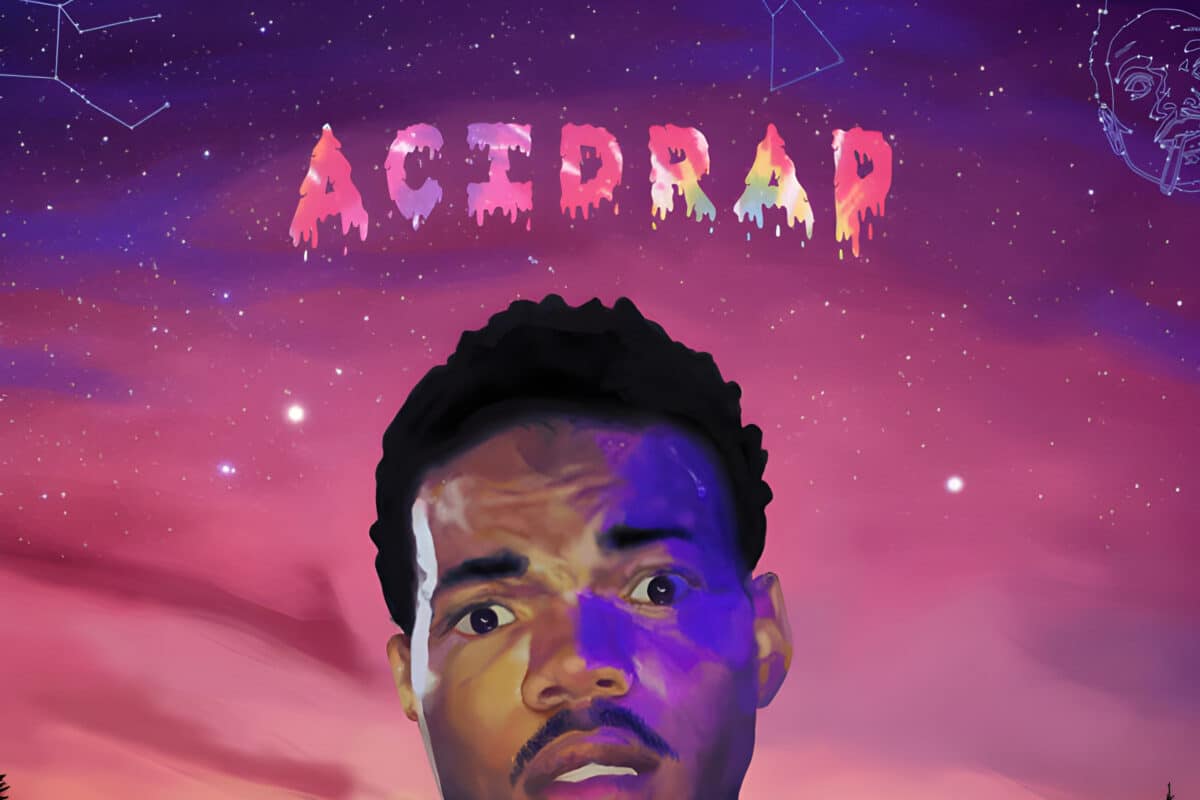Released: 2013
“Pusha Man” by Chance the Rapper, featuring Nate Fox, serves as a raw and vivid commentary on the gritty aspects of street life. Through potent wordplay and storytelling, Chance articulates his hustle and grind, symbolizing the struggles and survival mechanism inherent in the urban environment.
Opening line, “Ten damn days / And all I got to show for it is shoes and shows / And chauffeurs with road rage” sets the stage for the various narratives throughout the song. Chance indicates his relentless hustle, the shoes represent the tireless journey and shows signify his increasing reputation. The “chauffeurs with road rage” paints the chaotic, unpredictable nature of life on the move.
Chance says, “Still got a letterman, no practice / Still got a burner, man, no lacking” revealing his constant preparedness in a world where danger can lurk at every corner. A “letterman” is a jacket traditionally worn by high school or college athletes, signifying status and accomplishment. A “burner” refers to a firearm, highlighting the hostility in the surroundings.
“I’ll take you to the land where the lake made of sand / And the milk don’t pour and the honey don’t dance / And the money ain’t yours” Chance lyrically constructs an image of a dystopian place, where resources are scarce and the common societal norms are upended. It’s a metaphor for the survivalist mentality required in harsh conditions.
Describing himself as the “pusha man,” Chance encapsulates the complexities of his role in society. On one hand, he’s offering escape in the form of music (“I got that mmm, mmm, I got that Goddamn”). On the other, he’s struggling with the system (“I’m just tryna fight the man”). This duality is a running theme throughout the song.
The second verse is decidedly explicit, with Chance exploring grittier aspects of daily life including drug use (“She came to party, she popped a Molly”) and sexual escapades (“Even though I only beat one time”). These narratives reveal the harsh realities of an environment where fleeting moments of escape and pleasure are savored amidst the struggle.
The repeated chorus, “I got that mmm, mmm, I got that Goddamn / I’m your pusha man, I’m your, I’m your pusha man” reinforces Chance’s role as a purveyor of experiences and emotions, navigating and exposing the underworld of the street life.
Overall, “Pusha Man” is a gritty, unfiltered exposure of a world less visited by the affluent, offering both critical social commentary and a window into Chance’s prowess as a storyteller.






